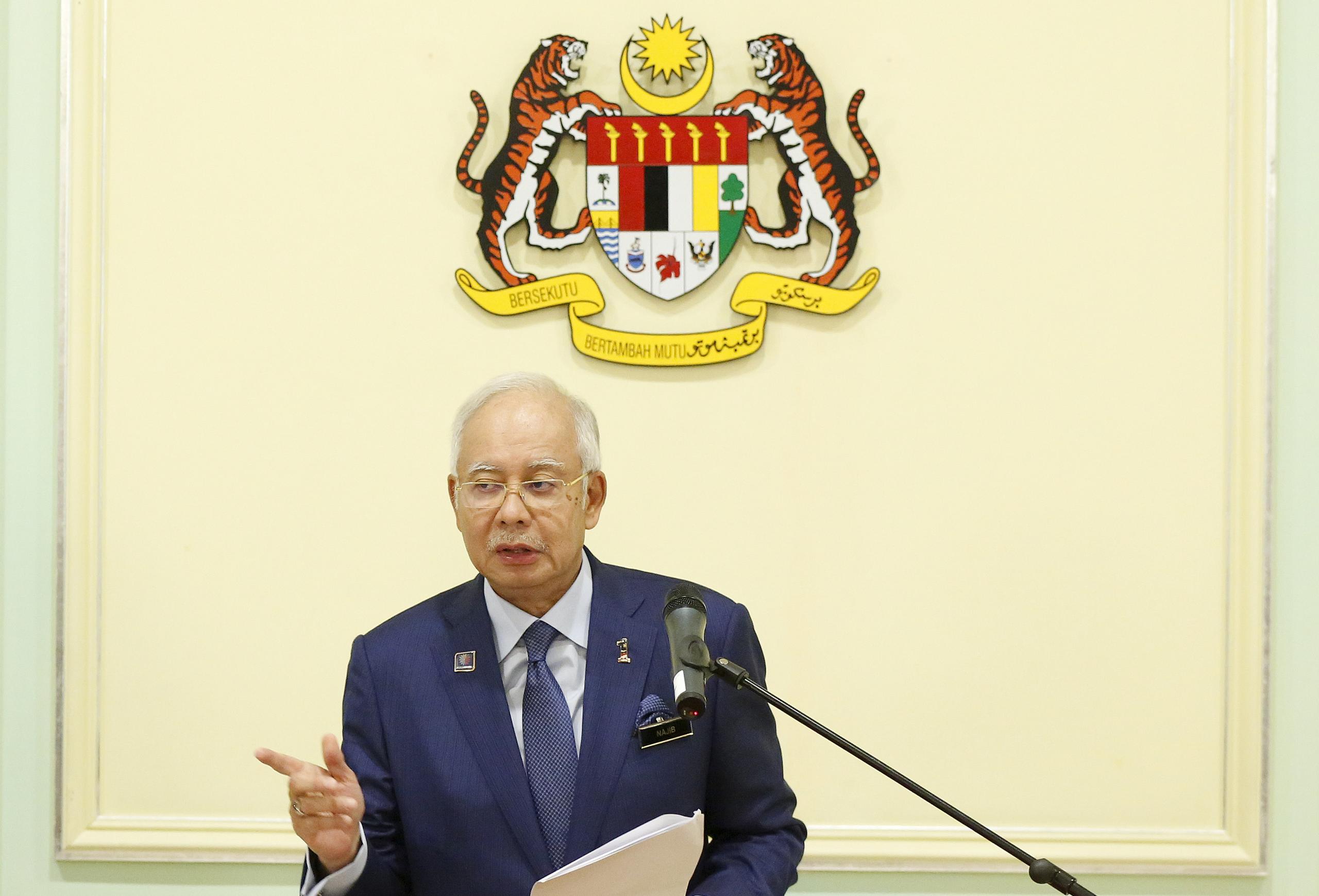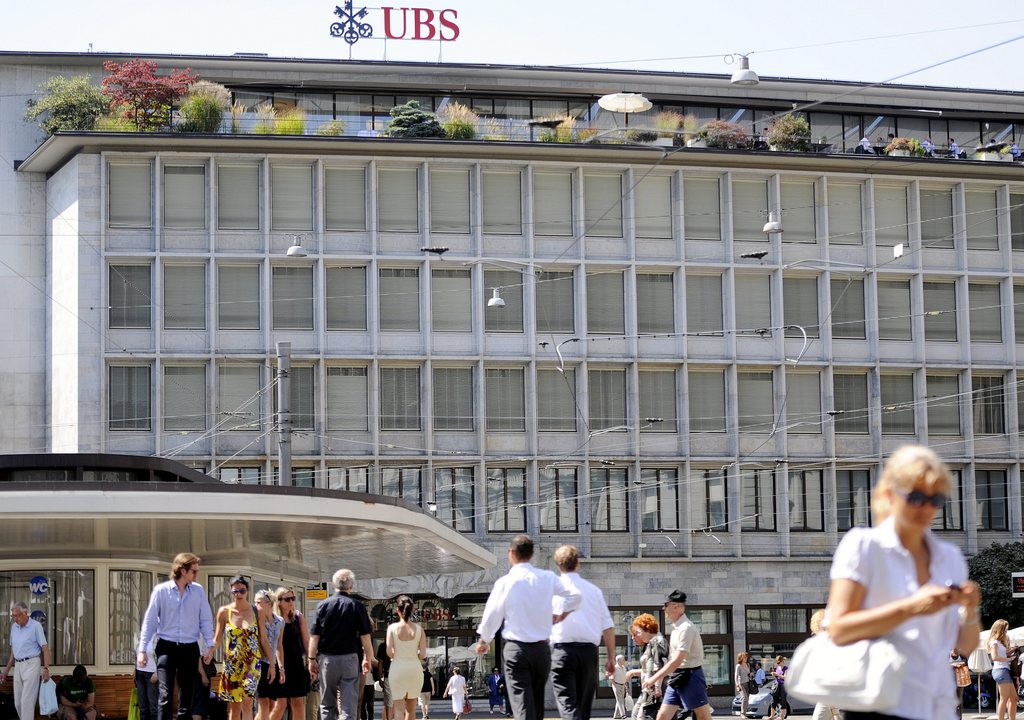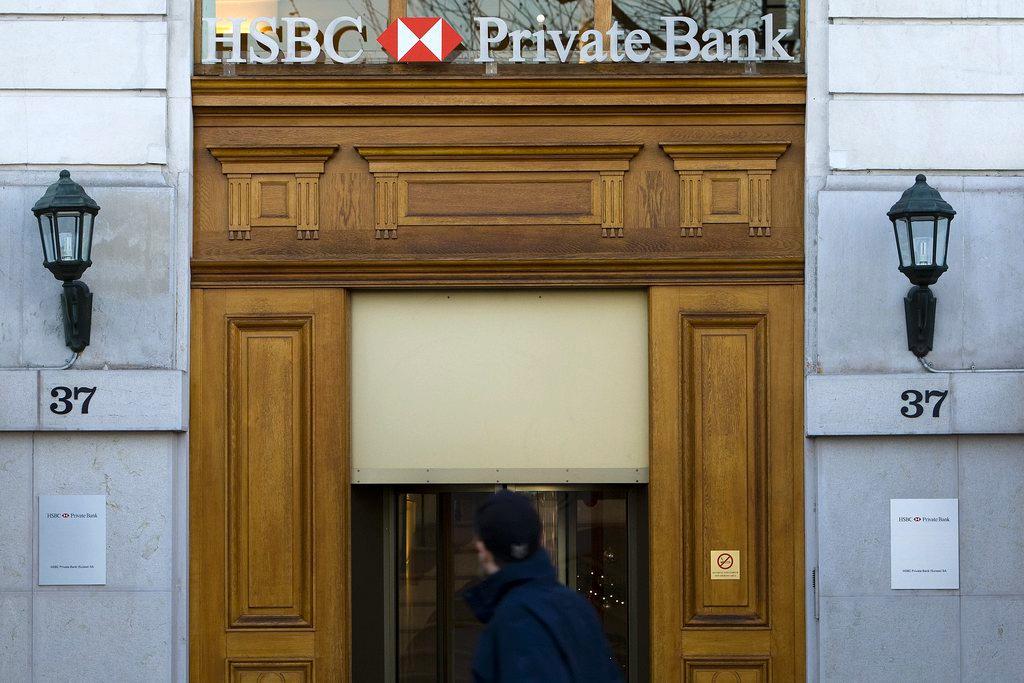Switzerland still tops financial secrecy index

Switzerland has been ranked number one for financial secrecy for the third consecutive time in a biennial index published by the Tax Justice Network (TJN). However, it has scored slightly better than in the past thanks to international commitments.
The Alpine nation performed poorly in eight of the 15 secrecy indicators used to estimate financial secrecy. It did particularly badly in the categories of corporate transparency regulation, transparency of beneficial ownership, and efficiency of tax and financial regulation.
Besides Switzerland, Hong Kong, the United States, Singapore and Cayman Islands made the top five. However, observers say Britain would occupy the top spot if overseas territories like the Cayman Islands and crown dependencies like Jersey were to be included.
Quoted in the Tages-Anzeiger and Der Bund newspapers, parliamentarians from the three main political parties on the right discounted the survey as biased, incomplete and misleading.
A representative of the leftwing Social Democratic Party said the findings of the report were not surprising as a majority in parliament allowed banks to continue their policy of attracting untaxed money.
Still some way to go
With a score of 73, Switzerland performed slightly better than in 2013 and 2011 when it managed to accumulate 78 secrecy points.
Slight change in methodology as well as Switzerland’s commitment to implement an international standard on the automatic exchange of information by 2018 were responsible for a slightly better score this time round.
TJN described this as a “positive step” but blamed Switzerland for looking for wriggle room when it came to choosing which partners to exchange information with.
“Switzerland has chosen the ‘zebra’ strategy: white money for rich and powerful countries, but black money for weaker and more vulnerable developing countries,” stated TJN.
Other issues that came in for criticism include the treatment of whistleblowers, flourishing free ports and custom free zones, as well as scandals like the raid on the HSBC Private Bank in Geneva and the corruption probe into world football’s governing body, FIFA.
Resistance in government circles to banking secrecy reform also did not help Switzerland’s cause. In September, the Swiss House of Representatives rejected amendments to the anti-money laundering law proposed by the cabinet. According to TJN, the amendments would have obliged banks to undertake “enhanced due diligence procedures”.
The Tax Justice NetworkExternal link is a non-governmental organisation that focuses on promoting transparency in international finance.

In compliance with the JTI standards
More: SWI swissinfo.ch certified by the Journalism Trust Initiative




You can find an overview of ongoing debates with our journalists here. Please join us!
If you want to start a conversation about a topic raised in this article or want to report factual errors, email us at english@swissinfo.ch.